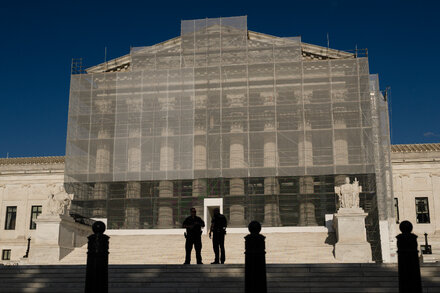A retrospective look at the public memory surrounding conservative commentator and activist Charlie Kirk reveals a complex interplay of political polarization, generational divides, and the evolving landscape of American media. Examining how Kirk, founder of Turning Point USA, is remembered offers insights not only into his impact but also into the broader state of contemporary public discourse.
Kirk rose to prominence in the mid-2010s, establishing Turning Point USA as a significant force in conservative youth activism. His organization focused on engaging high school and college students, advocating for free markets, limited government, and traditional American values. Through widespread campus tours, conferences, and a robust social media presence, Kirk cultivated a substantial following among young conservatives.
A key aspect of Kirk’s public persona has been his unwavering support for former President Donald Trump and his outspoken engagement in what he often refers to as the “culture war.” His rhetoric frequently targets institutions like higher education, mainstream media, and progressive social movements, portraying them as detrimental to American liberty and traditional values. These positions, delivered with an often confrontational style, have made him a polarizing figure, eliciting fervent support from his base and strong criticism from opponents.
The public memory of Charlie Kirk is not monolithic; it is sharply bifurcated, reflecting the deep ideological chasms present in society. For his supporters, he is remembered as a courageous voice standing up against perceived liberal indoctrination and an effective mobilizer of young conservatives. His ability to connect with a demographic often seen as leaning left is frequently cited as a significant achievement.
Conversely, for his detractors, Kirk’s legacy is often associated with the amplification of divisive rhetoric, the promotion of conspiracy theories, and what they view as a cynical exploitation of political grievances. Critics often point to his role in high-profile political events and his persistent questioning of established narratives as contributing to a climate of mistrust and antagonism.
The enduring public memory of figures like Charlie Kirk often reflects deeper societal fault lines, rather than a unified national narrative,” observed Dr. Eleanor Vance, a political historian specializing in American conservatism. “It’s not merely about what he said, but how those words were received and how they solidified existing viewpoints, revealing the persistent polarization within the political landscape and the fragmentation of shared realities. His memory acts as a barometer for the ongoing culture wars.
Ultimately, what the public memory of Charlie Kirk reveals is the powerful influence of identity politics and the challenge of fostering common ground in an era of digital information silos. His story underscores how figures who skillfully navigate and amplify ideological divides can carve out significant, albeit contentious, spaces in the collective consciousness, leaving a legacy that continues to spark debate about the direction and nature of American political life.
Source: Read the original article here.





